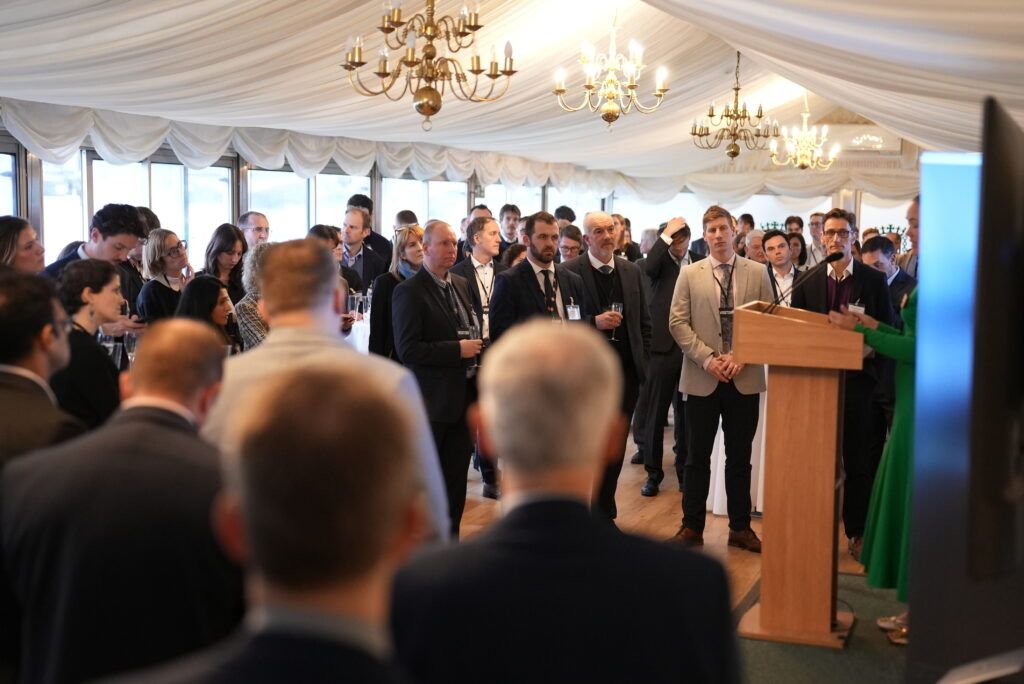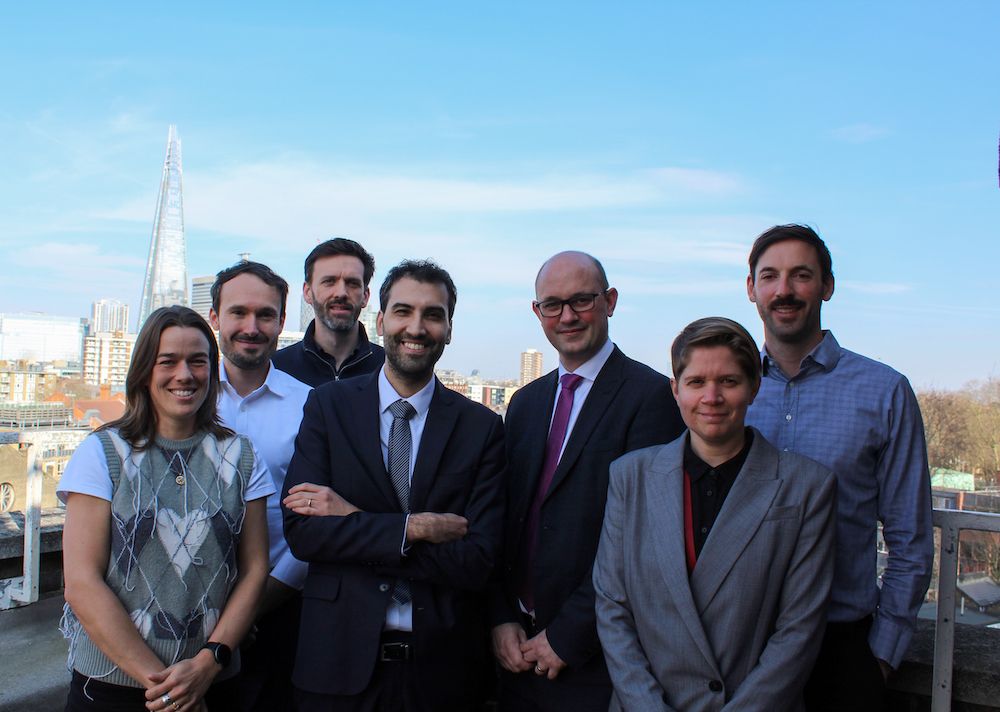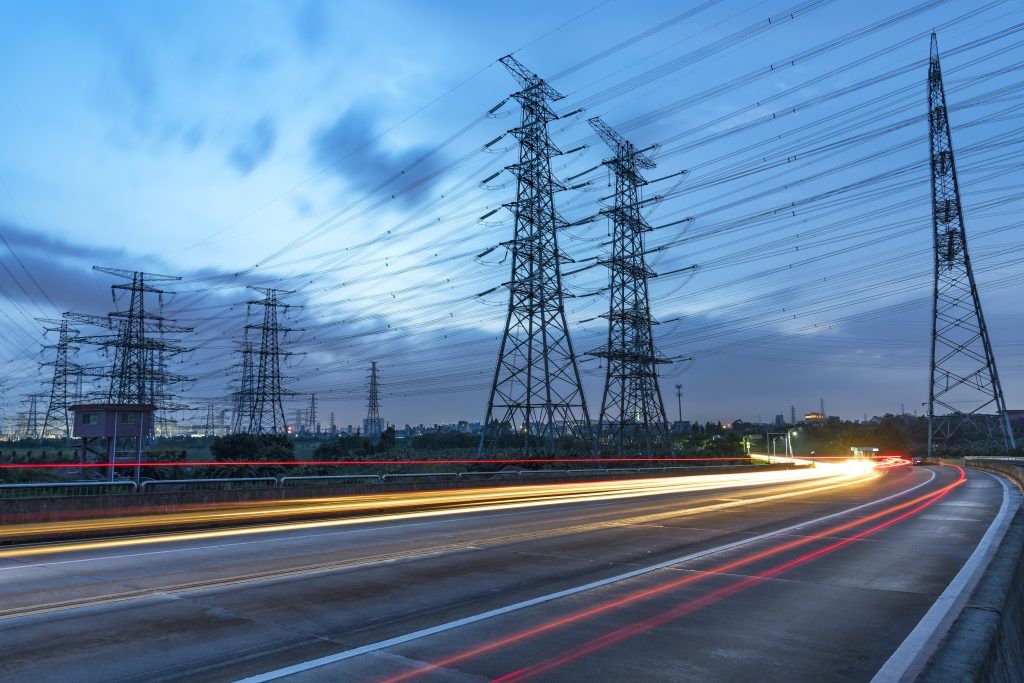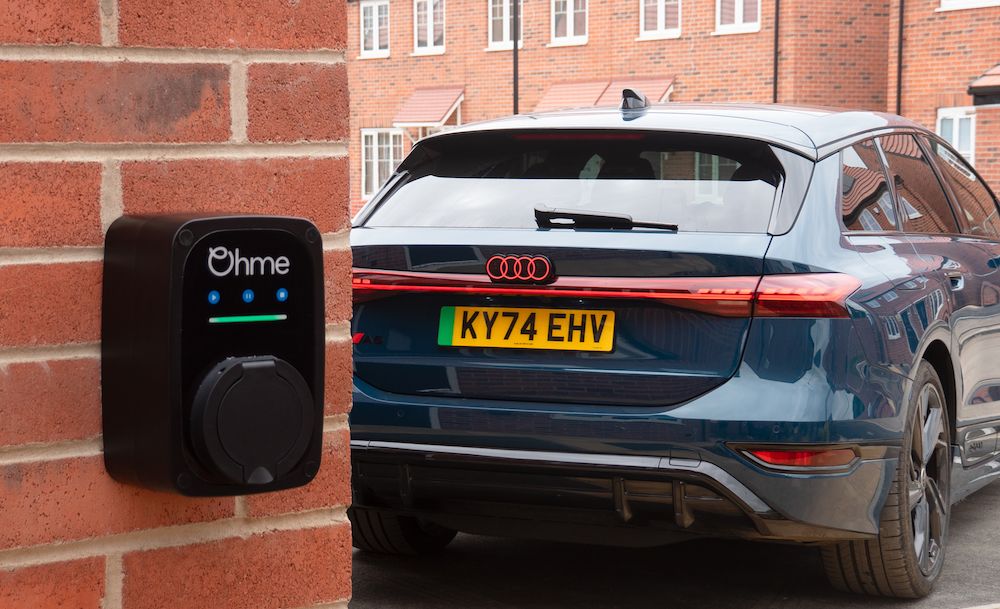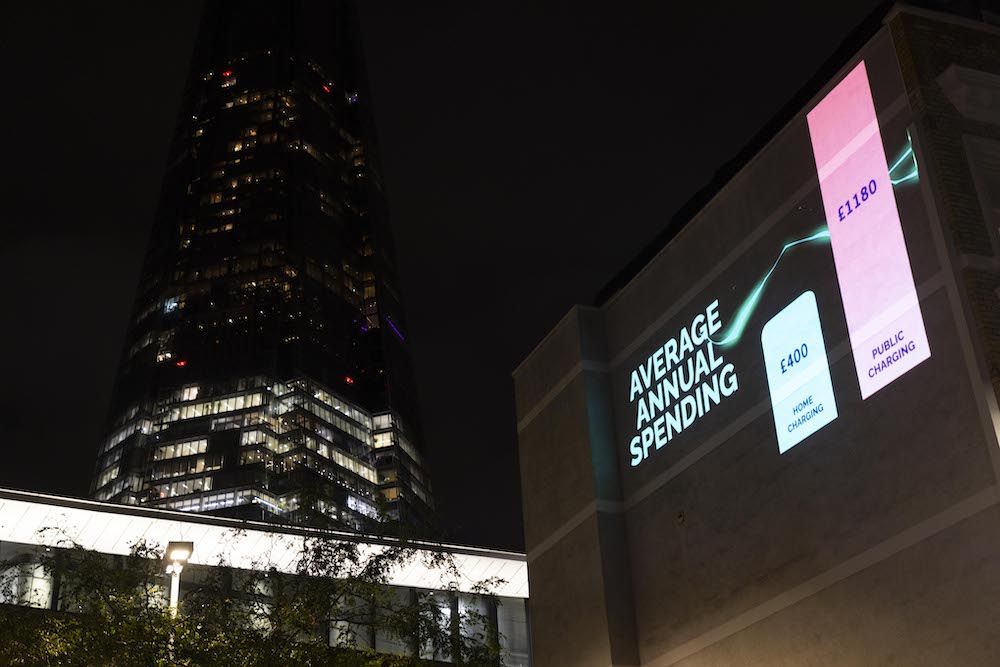The UK has a real opportunity to become a global leader on heat networks but needs to seize it, according to Vattenfall Heat UK.
The organisation made the suggestion at the Association for Decentralised Energy’s (ADE) annual Winter Reception, which took place in the House of Commons last week.
ADE members, political stakeholders and other industry leaders gathered to explore the theme of “Shared Visions, Sustainable Futures: Delivering a just transition for net zero”, with a particular focus on the future of heat network expertise, technology and deployment.
At present heat networks supply around 2% of the UK’s heating, a figure that needs to increase by 20% by 2050 to align with targets. S
Vattenfall Heat UK’s Managing Director Jenny Curtis said: “Other countries may have had a head start on heat networks, but the UK is perfectly placed to not only catch up, but to lead. We have a fresh start on heat network development, can deploy smart meters from the get-go rather than retrofitting, and have the ability to take much better advantage of waste heat sources from the start.
“Heat networks are fundamental to reaching net zero, and now we need to see strategic planning that truly supports serious, multi-decade investment into the sector. The estimated investment opportunity for heat networks in the UK by 2050 is as much as £80 billion, and all stakeholders need to grab this chance with both hands.”
The sector also heard from Shadow Minister for Industry and Decarbonisation, Sarah Jones MP, who said “certainty of direction, consistency of delivery and clarity of design” were all “critical” for heat networks.
“We need to decarbonise towns and cities, and steel and industry, while maintaining jobs. We have significant challenges ahead, but with that comes significant opportunity, and we look forward to working with all of you here today to deliver that.”
The ADE’s Interim CEO Caroline Bragg emphasised that 2025 represents a historic turning point, with global energy-related emissions set to peak, and investments in decentralised energy climbing ever higher.
She said: “It is really important that the decentralised energy sector has strong ideas about the way that we move forward – over the last year, we have seen a growing debate around how we build infrastructure in this country, we know that we are far, far away from where we need to be, and we have seen the scale of how we need to change.”
Image courtesy of ADE.



